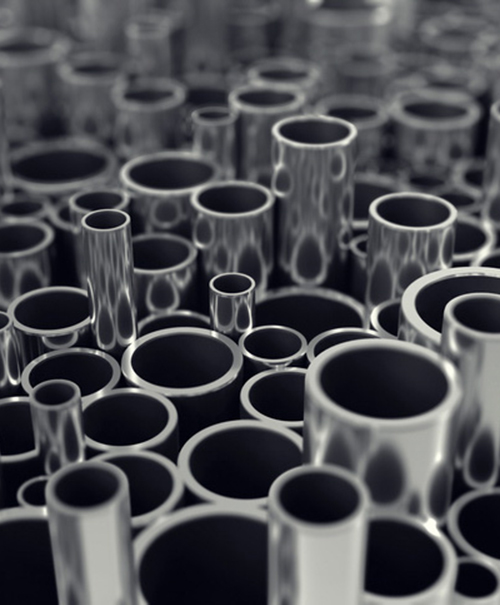Today, the American Primary Aluminum Association (APAA) released a white paper building upon a recently released report by the Organization for Economic Cooperation and Development (OECD) confirming that subsidies provided by foreign governments to primary aluminum producers in those countries are widespread across multiple regions and that these subsidies are having negative effects on market-based producers in the United States and elsewhere.
The APAA’s full white paper can be downloaded here.
“The OECD’s report confirms that widespread subsidization across multiple countries is creating a race-to-the bottom whereby governments who provide subsidies maintain and expand capacity and countries where subsidies are not provided like the U.S., see capacity shrink,” said Robert DeFrancesco, Counsel for APAA. “The report found that from 2013-2017, significant subsidies were provided by China, India, the Gulf Cooperation Council (GCC) countries, Norway, Australia, and Canada. It is no coincidence that the aluminum industries in each of these countries were able to expand their capacity despite an ongoing collapse in the global aluminum price. Further, the subsidies themselves distort market dynamics and create a misperception that these regions are inherently more cost-competitive than other non-subsidized regions; without the subsidies producers in those regions would not be able to maintain and expand capacity.”
“The OECD’s recent report underscores assertions that the APAA has been making for months – that illegally subsidized primary aluminum has crippled the U.S. primary aluminum industry,” said Mark Duffy, CEO of the APAA. “The cheating and illegal subsidization, carried out by countries like China, India, the GCC, and others, have created an uneven playing field for American primary aluminum producers. The Section 232 aluminum tariffs help level the playing field for American workers and restore an industry decimated by unfair foreign competition.”
The data shows that many producers receive subsidies from multiple countries which help to maintain and expand capacity that would otherwise be uneconomic to operate.
While China is a significant contributor to the problem, it is not the only contributor. The International Trade Commission (ITC), and now the OECD report, confirmed that financial and input subsidies provided by governments around the world have tilted the scales in favor of producers in those regions at the expense of American producers. Without these subsidies, global capacity and production would be lower and prices higher allowing market-based players to compete on a more level playing field.
These findings support the continued application of the Section 232 aluminum tariffs to be broadly imposed across all import sources and countries. The recently released OECD report can be viewed here: https://bit.ly/2Ayynaw
About the American Primary Aluminum Association (APAA): The American Primary Aluminum Association represents the majority of America’s primary aluminum industry and advocates to advance the interests of the domestic industry and its workers through the Aluminum Now campaign. APAA is registered and incorporated in Washington, DC and operates as a non-profit trade association. For more, please visit: www.aluminumnow.org


